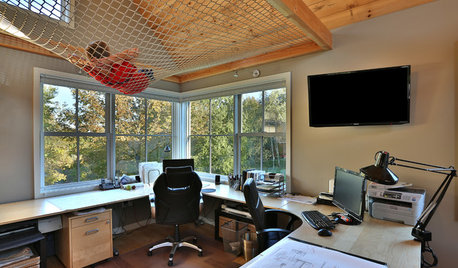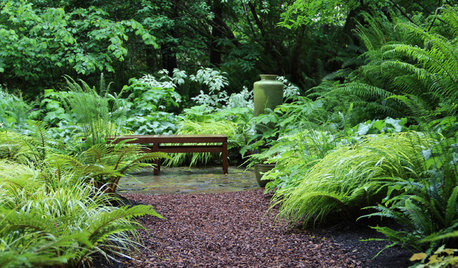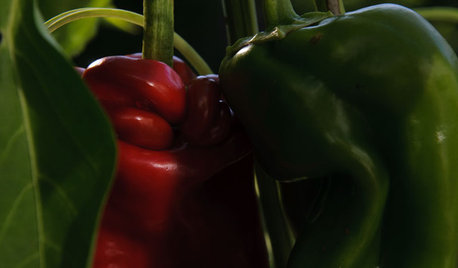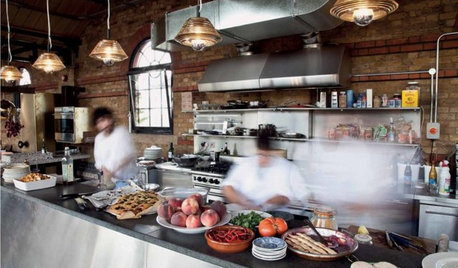Best Soil Practices for Peppers
stormtruck2
10 years ago
Related Stories

ARCHITECTUREDesign Practice: How to Start Your Architecture Business
Pro to pro: Get your architecture or design practice out of your daydreams and into reality with these initial moves
Full Story
DESIGN PRACTICEHow to Set Up Your Design Studio at Home
Learn from an architect how to create a workspace that fuels your practice and feeds you inspiration
Full Story
GARDENING GUIDESGardening Solutions for Heavy Clay Soils
What’s a gardener to do with soil that’s easily compacted and has poor drainage? Find out here
Full Story
FARM YOUR YARDHow to Get Good Soil for Your Edible Garden
The nutrients in your soil feed the plants that feed you. Here are tips on getting it right — just in time for planting season
Full Story
GARDENING GUIDESGet the Dirt on Your Garden’s Soil
Understand how your soil supports your plants so you can ensure your garden’s success
Full Story
GARDENING GUIDESHow to Stop Worrying and Start Loving Clay Soil
Clay has many more benefits than you might imagine
Full Story
GARDENING GUIDESHow to Pick a Mulch — and Why Your Soil Wants It
There's more to topdressing than shredded wood. Learn about mulch types, costs and design considerations here
Full Story
GARDENING GUIDES10 Solutions for Soggy Soil
If a too-wet garden is raining on your parade, try these water-loving plants and other ideas for handling all of that H2O
Full Story
GARDENING GUIDESSummer Crops: How to Grow Peppers
Some like 'em hot; others like them sweet. With the incredible range of peppers available for home gardens, you can have your pick
Full Story
KITCHEN DESIGN16 Practical Ideas to Borrow From Professional Kitchens
Restaurant kitchens are designed to function efficiently and safely. Why not adopt some of their tricks in your own home?
Full Story





jean001a
pepper_rancher
Related Professionals
Ashburn Landscape Architects & Landscape Designers · Leawood Landscape Architects & Landscape Designers · South Orange Landscape Architects & Landscape Designers · Suffern Landscape Architects & Landscape Designers · Zion Landscape Architects & Landscape Designers · Maple Heights Landscape Architects & Landscape Designers · Farmington Landscape Contractors · Fort Myers Landscape Contractors · Franklin Landscape Contractors · La Verne Landscape Contractors · Miller Place Landscape Contractors · New Cassel Landscape Contractors · San Pedro Landscape Contractors · Whittier Landscape Contractors · Suisun City Landscape Contractorshabjolokia z 6b/7
woohooman San Diego CA zone 10a
ruthz
woohooman San Diego CA zone 10a
seysonn
woohooman San Diego CA zone 10a